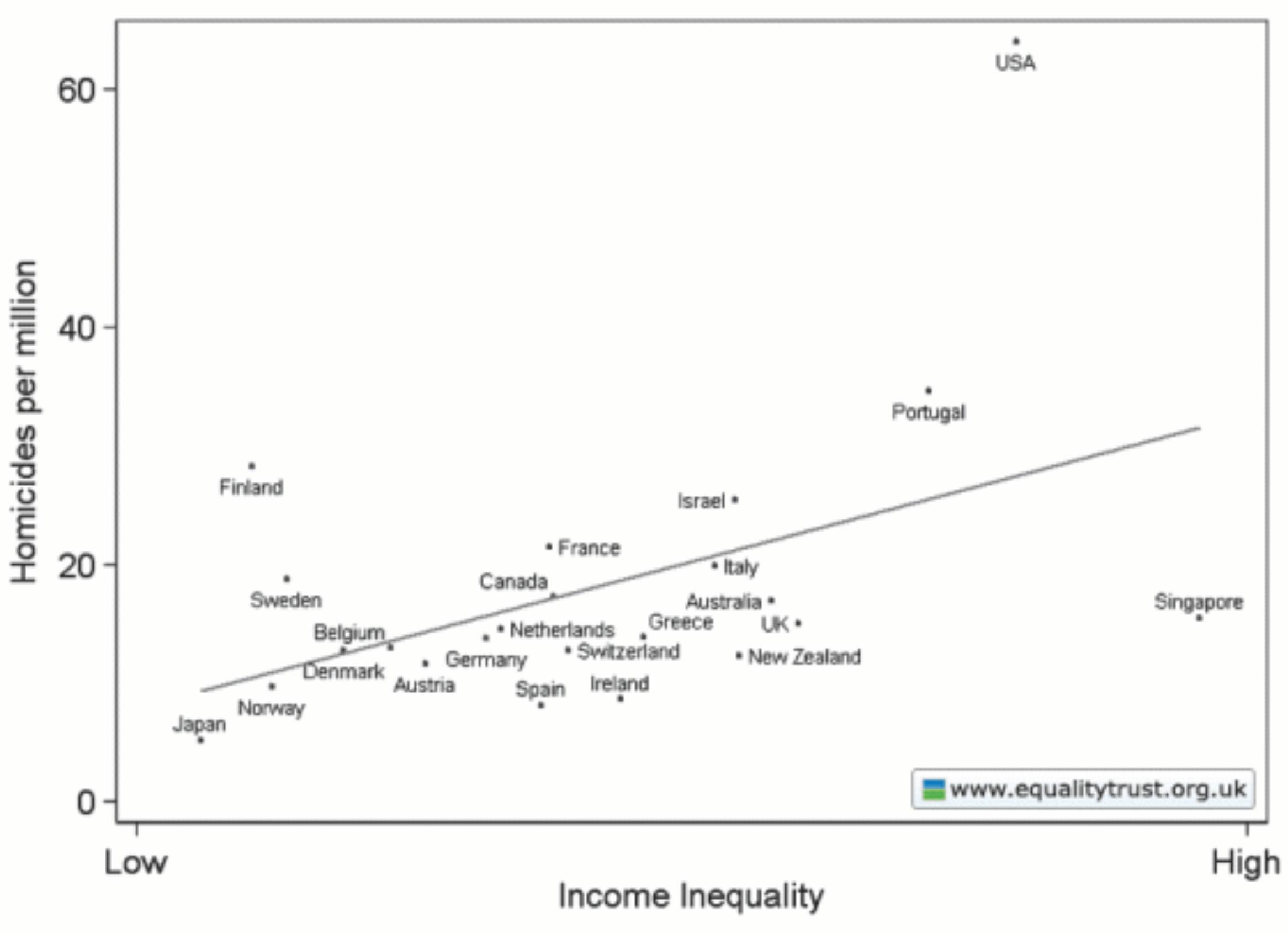With “Deaths of Despair” on the rise, the Baha’i teachings about wealth, poverty and nobility can literally save lives.
If you or a friend are facing financial difficulties, the uplifting approach of this little compilation can make a big difference. If understanding the spiritual and psychological effects of extreme wealth and poverty is important to you, then you will find the following articles – and the booklets associated with them – helpful. If not, skip this e-mail, or save it to read later. It is longer than most, and is more of an article than a newsletter. We will have new pens to tell you about next week.

The worst thing about being poor might be the way you explain your poverty to yourself.
If you think it is a form of spiritual punishment, it can become a veil between you and God.
If you think it means you are worth less than other people, it can make you feel worthless.
If you think it means you are a failure, it can destroy your self-esteem and your motivation.
If you think it means you are a victim, it can make you look for a scapegoat and become racist or xenophobic.
If you understand that it the result of large-scale systemic injustices, but that it can be turned into an opportunity for growth, then you work for social justice while also working on strengthening your spiritual, educational and manual skills.
Right now, in the USA, there is an epidemic of despair that is literally killing people. Almost everyone is struggling financially, and it is causing people to turn to drugs, alcohol or even suicide. For the first time in history, the life expectancy of white men went DOWN in the US – mostly due to something they are calling “deaths of despair.” (Here is a helpful article on the subject)
In this environment, the Baha’i teachings about wealth, poverty and nobility can literally save lives.
May I recommend two small booklets:
The first is True Wealth for Troubled Times. It is a compilation of quotations from the Bahá’í Writings, with short chapter introductions written by Justice Saint Rain (me). It is written with the goal of helping poor people feel good about themselves without insulting rich people. Originally titled Poor in All Save God, it has been used in deepenings and workshops across the country.
It covers over 30 topics, including nobility, trust in God, generosity, prayers, social justice, and Bahá’í teachings that lead to personal and social prosperity.
Here is the introduction:
As the economy booms and then busts, and the stock market surges then falls, it sometime feels as though wealth is not just slipping through our fingers, but is evaporating right before our eyes. It is reassuring, then, to remember that true wealth is not so fickle. True wealth is spiritual, and it consists of the virtues and capacities of the human soul. This kind of wealth does not evaporate. It lasts for all eternity.
That may be all well and good, you say, but spiritual wealth doesn’t put food on the table – or does it?
The theme of this book is simple: True Wealth – that is, spiritual wealth – is what makes material wealth possible. It is obvious that without cooperation, creativity, responsibility, patience, courage, insight and a thousand other unique human virtues, humanity’s wealth would consist of a collection of nests in some African jungle. How can we possibly think, then, that we can improve our current economic condition without first understanding and applying the fullest possible range of human virtues?
Please don’t misunderstand me. I am not a Calvinist who claims that the rich are more spiritual than the poor. Nor am I suggesting that “being spiritual” will magically make you rich. I am simply saying that when we understand who we are, what our purpose in life is, and what spiritual capacities are available to us, then we are better able to tap our spiritual potential to succeed in the material world.
The Bahá’í Writings say that all beings are created noble and spiritually rich. If you are currently facing financial difficulties, it may be a bit difficult for you to see yourself as either noble or rich — but you are.
The essence of spiritual wealth is the desire to be of service to humanity. The essence of material wealth is the ability to be of service in the physical world.
Since there are more ways to solve problems in the material world than to simply throw money at them, we all have the potential for both spiritual and material wealth.
If this makes sense to you, then you will find this booklet comforting, inspiring, and helpful as you face whatever material challenges lie ahead. The goal of this booklet is to help you:
1. Reduce the shame of poverty – shame that cuts us off from our spiritual strength and weakens our faith in God’s generosity.
2. Reduce fears and resentments towards those who succeed materially through honorable means and use their wealth wisely, while still recognizing the dangers of hoarding wealth and becoming too attached to the physical world.
3. Place materials tests in the light of our greater purpose, and understand them as opportunities rather than punishments.
4. Become more open to the bounties of God that are available to us.
5. Recognize the spiritual and materials wealth we already have available to us.
6. Identify the spiritual qualities that will help us be more successful.
7. See how these same spiritual qualities can be applied on a societal, not just personal scale.

The second booklet I recommend is The Hard Way.
Written right after the economic collapse of 2009, it focuses on the Bahá’í principle of the elimination of the extremes of wealth and poverty. It presents both a moral and an economic explanation for why the hoarding of wealth by a few is damaging for everyone.
Since it is getting a little old, and I only have one box left, I’m putting them on sale, with the first five copies only one penny – while supplies last.
Here are some related comments and articles that I posted here a little over a year ago. Things have just gotten worse, so feel free to read them all again.
One of the least talked-about and therefore least-understood of the basic Baha’i social teachings is the elimination of extremes of wealth and poverty. A deeper understanding of this teaching shows us that it is inextricably linked to many others.
Here in the US, we are experiencing a level of inequality not seen since before the Great Depression. As Baha’u’llah warned us, this has consequences.
I would like to share with you three articles.
The first can be summarized as: “extremes in wealth and poverty lead to scapegoating, which leads to fascism, which could very well lead to another great war.”
https://eand.co/why-the-1930s-are-repeating-themselves-2f29279f9667
The second could be summarized as “extremes in wealth and poverty lead to scapegoating which leads to violence. ”
This is just one of many articles looking at the research of Wilkinson & Pickett. You can google them for more, including the eye-opening graphic below. (Note the country in the top right.)

Why does income inequality spawn violence?
It isn’t just that people don’t have money, or feel their way of life is threatened. It is that economic injustice eats away at our sense of community; our belief that we are all in this together; our faith that there is a social contract that says that if you work hard and play by the rules, you can get ahead.
When trust and hope are eroded, struggling people no longer feel connected to the community, so they no longer feel empathy for the people they kill.
For Baby Boomers, trust in the social contract was destroyed by the Vietnam War. For those of us living after Reagan’s “Trickle Down” economic revolution, the social contract was destroyed by the widening gap between the rich and everyone else.
Can you see how this is directly related to people’s ability to accept the oneness of humanity, the oneness of religion, the elimination of prejudice and the equality of women and men? As long as people feel that their economic security is under threat (and their dignity along with it) they will look for someone to blame and feel disconnected from their community.

So What Do We Do About It?
That is, in part, the subject of the third article. Baha’is love to quote the line about “voluntary sharing,” but the Writings offer some very specific remedies to the rising inequality that Abdu’l-Baha witnessed in his visit to the West. These include profit sharing, worker ownership of industry, progressive taxation (as high as 50%) and a form of welfare.
http://www.justicesaintrain.com/the-hard-way-lessons-learned-from-the-economic-collapse/
This link is to the article “The Hard Way,” which is also available as a pamphlet. It is now 10 years old, but just as relevant today as it was right after the economic collapse.
The first part of the article explains why inequality is bad for the economy. Today, intelligent people understand that hoarding of wealth is bad, but 10 years ago people were still spouting the myth that rich people created jobs. The article explains the mechanics of the economy and the limitations of investments.
The second half offers Baha’i solutions, supported by quotations – including some from other religions.
I only have one box of The Hard Way booklet left, so grab some while you can. Also feel free to re-post any of these article to your FaceBook page. They aren’t all Baha’i, but they are all important.

